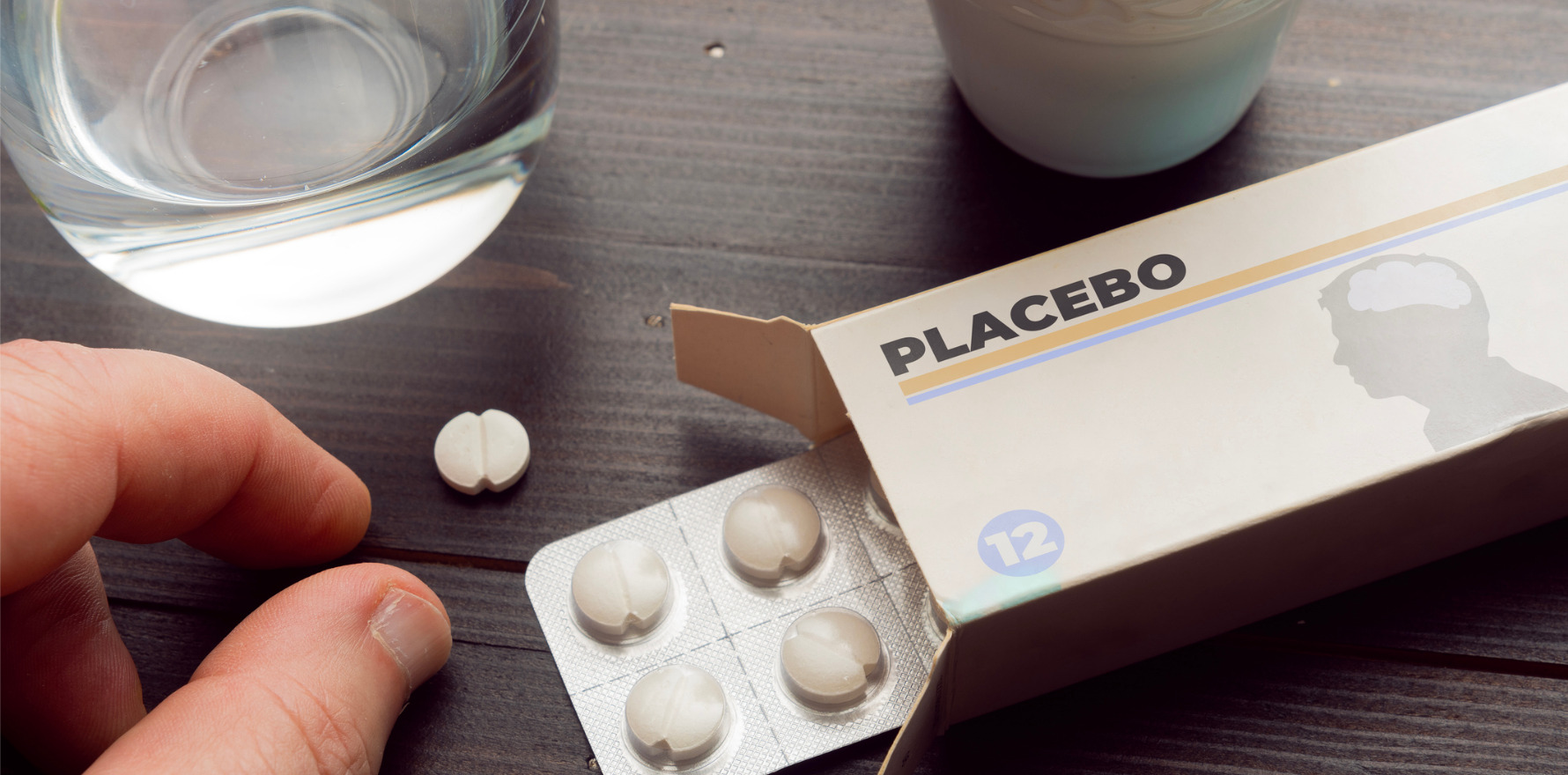Global analysis shows socioeconomic factors influence placebo rates, risking bias in efficacy assessments.
Placebo responses in rheumatoid arthritis clinical trials aren’t uniform – and socioeconomic disparities could be tipping the scales.
A large meta-analysis of 124 randomised controlled trials involving 14,272 RA patients has found that placebo response rates rise significantly in trials recruiting from lower-income countries.
The study, published in the Annals of the Rheumatic Diseases, suggests that these geographic and economic disparities may be complicating the interpretation of treatment efficacy.
Primary outcome was the American College of Rheumatology 20% response placebo response rate. Other socioeconomic metrics utilised were the Human Development Index and out-of-pocket health expenditures. Findings were validated using patient-level data from one global randomised controlled trial.
Researchers used gross national income (GNI) per capita as a marker of socioeconomic status and found a striking trend: for every 10,000 international dollars decrease in GNI, placebo response rose by nearly 4% (β = –3.7%; 95% CI: –5.61 to –1.80; P < .001).
Similar results were observed using other socioeconomic measures, and patient-level validation confirmed the effect. Crucially, active treatment responses did not vary across regions – only placebo outcomes did.
This suggested that global expansion of trial sites into less affluent countries was contributing to the rising placebo response rates documented over time, the authors noted.
Related
One possible explanation was in countries with limited access to advanced RA therapies, participation in clinical trials – and the expectation of benefit – may amplify placebo effects.
The findings underscore a growing concern – as clinical trial recruitment increasingly shifts toward low- and middle-income countries, inflated placebo responses could dilute perceived treatment effects and compromise global regulatory standards.
“Our findings indicate that recruiting patients from lower-income countries is associated with higher placebo response rates, whereas active treatment responses remain stable,” the authors concluded.
“This may be driven by incentives to recruit patients into trials, such as limited access to therapies in less affluent countries. Addressing these factors is critical for improving trial design and ensuring accurate efficacy assessments.”





